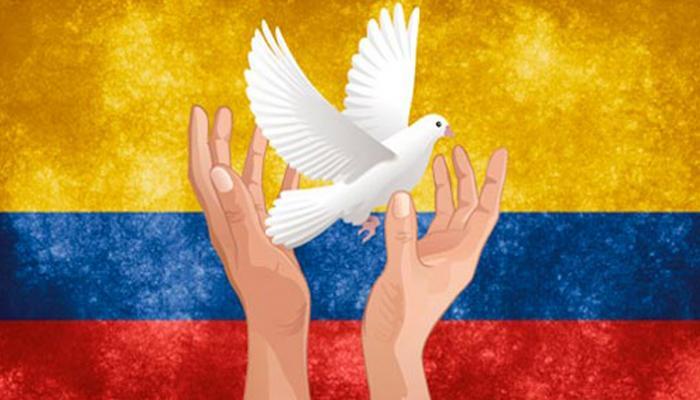Bogota, October 14 (RHC)-- Social movements in Colombia have appealed to the country's Supreme Court and demanded the cancellation of the plebiscite that resulted in a victory for the "No" campaign against peace, which was signed between the government and FARC rebels on September 26.
Among those involved in the grassroots campaign are Red de Veedurias Ciudadanas, or Network of Citizen Oversight, who have asked the Supreme Court to cancel the result following recent revelations that “No” campaigners carried out a deceptive campaign.
Last week, former senator Juan Carlos Velez Uribe, from far-right Democratic Center -- ex-President Alvaro Uribe's party -- told La Republica that the campaign's strategy focused on “distorting messages” and not "explaining the agreements" with the goal of ensuring "people go out to vote angrily." This strategy was allegedly implemented through the advice of Panamanian and Brazilian consultants.
The senator from Medellin, where the “No” vote won with 12 points more than the national average, added that in the national media they especially insisted on rejecting “impunity, eligibility (of former FARC members) and tax reform" while in the local media they would highlight subsidies.
Velez Uribe gave the example of a Facebook post that quickly went viral. “Why would we give any money to the FARC when the country is going through a recession?,” it read.
Besides the tax reform, many countries and international organizations had actually committed to helping fund a post-conflict Colombia while the FARC had agreed to hand over all their assets as part of a donation system for the victims. After just over half of voting Colombians rejected the peace deal, the United Nations froze the funds, according to the Foreign Ministry.
On the coast, however, the "No" campaign insisted Colombia would turn into Venezuela despite those seeking to influence voters via deceitful means risking between four and eight years in prison. "Some say that the Government is not Castroist or a Chavez supporter," wrote Alvaro Uribe earlier in October. "Nevertheless, it permits Castro's and Chavez's ideas and is paving the way for terrorists to run for public office in 2018 and, at the latest, 2022."
Besides the grassroots initiative against the "No" vote, various departments have asked the Supreme Court and the State Council to have a re-run, arguing that at least four million voters could not make it to polling stations because of Matthew Hurricane, according to electoral authorities.
The areas most affected by the decades-long Colombian conflict overwhelmingly voted for peace. In the heavily affected area of Choco, for example, 80 percent voted "Yes." The Caribbean provinces also voted for peace. Meanwhile, “No” won by only 50,000 votes, an extraordinarily close margin.
Colombian Social Movements Demand Supreme Court Cancel 'No' Vote


